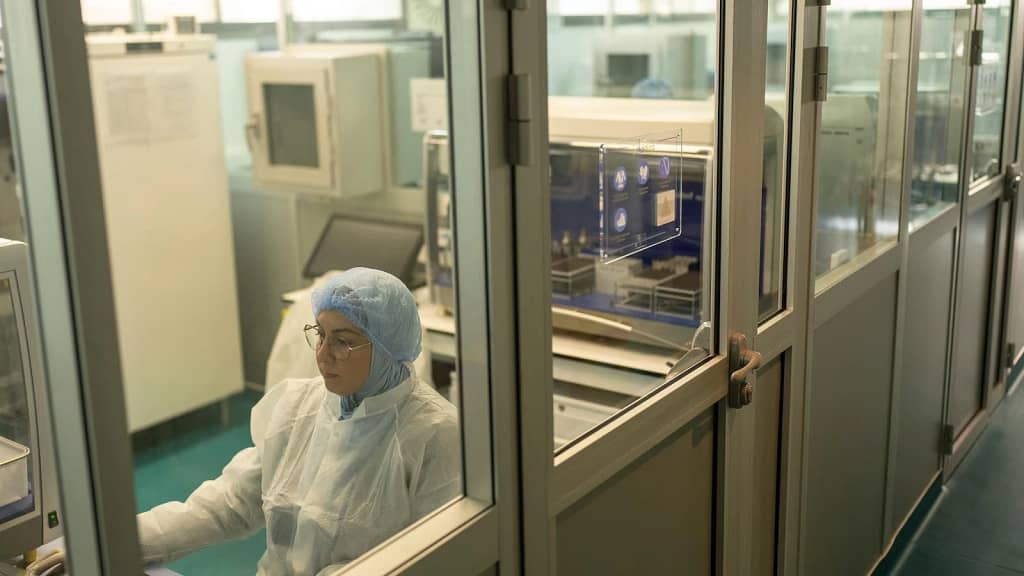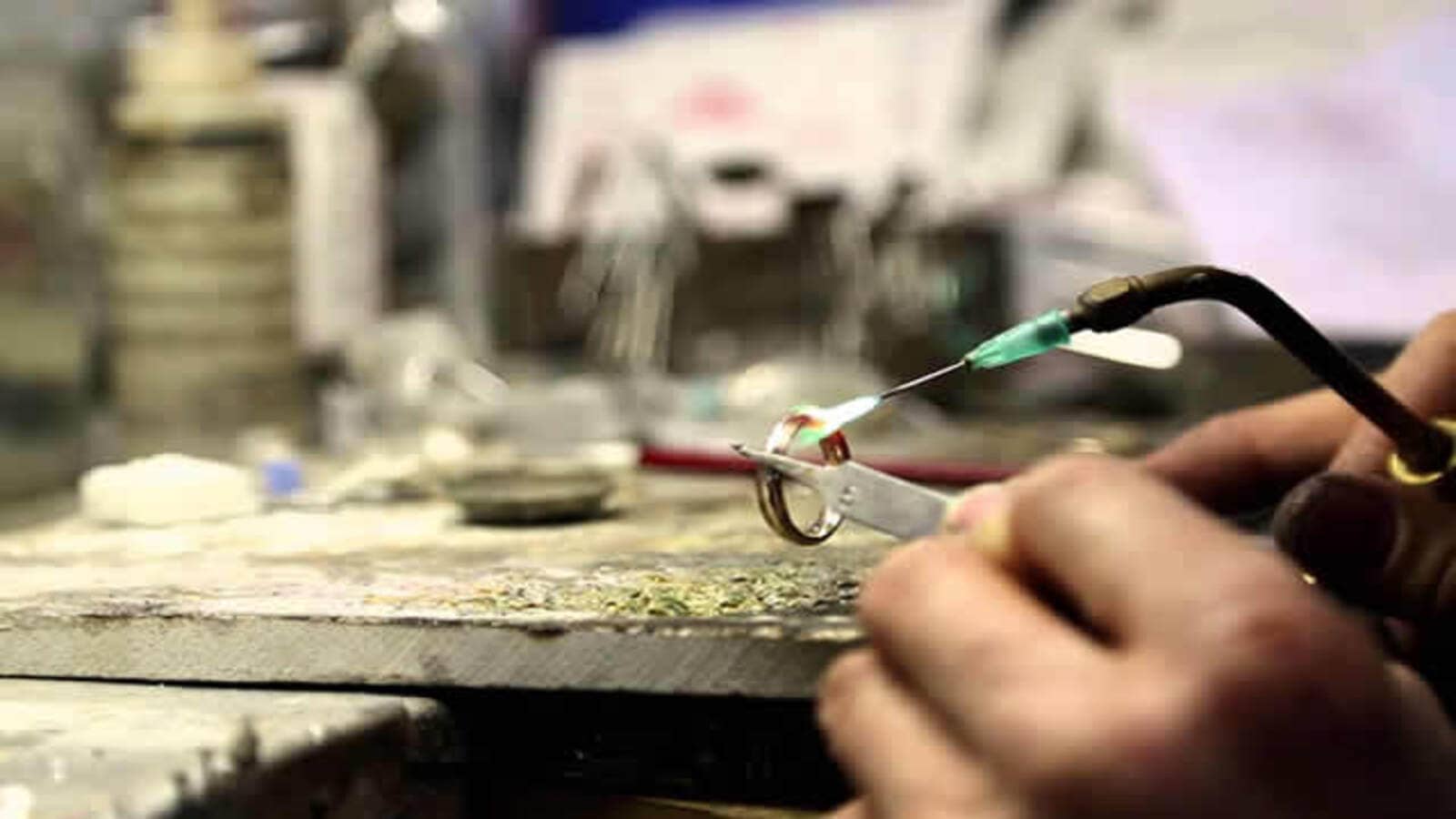In a significant development for global health and Africa’s fight against infectious diseases, Morocco has become the first country on the continent to produce Mpox tests domestically. This breakthrough marks a major step toward reducing Africa’s reliance on foreign imports for medical diagnostics, particularly in the wake of the Mpox (formerly known as monkeypox) outbreak, which has seen significant global attention in recent years.
1. The Importance of Mpox Testing in Africa
Mpox, a viral disease that causes symptoms similar to smallpox but is generally less severe, was first detected in humans in 1970 in the Democratic Republic of the Congo. However, the disease gained international attention when there was a global outbreak in 2022, with cases rising sharply in countries outside its usual endemic regions, including several in Europe and North America.
The World Health Organization (WHO) declared the outbreak a public health emergency of international concern. In response, countries around the world, including those in Africa, faced the pressing challenge of rapidly detecting and diagnosing new cases to control the spread.
Previously, Mpox testing was often reliant on imported diagnostic kits from countries like the United States, China, and European Union member states. The reliance on these imports raised concerns about the accessibility and affordability of testing for many African countries, which often struggle with healthcare infrastructure and high costs for imported medical supplies.
2. Morocco’s Groundbreaking Achievement
Morocco’s success in producing its own Mpox tests has been hailed as a landmark achievement. The test was developed by Moroccan scientists and health experts working at the Institut Pasteur of Morocco, in collaboration with public health authorities. These tests are expected to be both more affordable and accessible than their imported counterparts.
The test was developed using a polymerase chain reaction (PCR) technology, which is widely used to detect various viral infections, including COVID-19. The ability to conduct Mpox tests locally is expected to drastically improve the speed and accuracy of diagnosing new cases, especially in countries with less access to advanced healthcare infrastructure.
Key Features of Morocco’s Mpox Test:
- Affordable: The locally produced tests are designed to be more affordable, making them accessible to a broader population.
- Faster Results: With production within the continent, Morocco can ensure quicker delivery of the tests to other African nations, reducing waiting times for results and improving response times to outbreaks.
- Increased Capacity: By reducing reliance on foreign imports, Morocco is enhancing Africa’s capacity to fight infectious diseases and improve overall health security.
- Sustainability: Local production of diagnostic tests reduces the environmental and logistical challenges related to transporting and distributing foreign-made products.
3. The Drive Toward Self-Sufficiency in Africa
Morocco’s success is part of a broader pan-African effort to increase self-sufficiency in medical manufacturing. This initiative gained momentum in recent years, particularly as the continent faced the full impact of the COVID-19 pandemic, which exposed significant gaps in Africa’s ability to produce vaccines, diagnostics, and other essential medical supplies locally.
Several African countries have been working toward establishing local capabilities to produce their own vaccines, medications, and diagnostic tests. Organizations like the African Union (AU) and the African CDC (Centers for Disease Control and Prevention) have been pushing for more sustainable and self-reliant health systems across the continent.
Recent Initiatives to Increase Self-Sufficiency in Healthcare:
- The African Medical Supplies Platform (AMSP): Launched in response to the pandemic, the AMSP aims to provide African countries with more direct access to essential medical supplies, including diagnostic kits, and to reduce dependence on imports from wealthier countries.
- Vaccine Manufacturing Initiatives: There has been significant investment in building vaccine manufacturing plants across Africa, with countries like South Africa, Egypt, and Morocco leading the way. The goal is to ensure that African countries can produce vaccines and critical drugs locally, reducing reliance on international aid.
- Partnerships with Global Health Organizations: African countries are also entering into partnerships with organizations like the World Health Organization (WHO), GAVI (the Vaccine Alliance), and The Bill & Melinda Gates Foundation to support the continent’s efforts in diagnostic manufacturing and other public health needs.
4. The Mpox Situation in Africa
While Mpox is not as widespread in Africa as other infectious diseases like HIV/AIDS, malaria, or Ebola, the 2022 global outbreak did see cases in several African countries, particularly in Nigeria and the Democratic Republic of Congo (DRC). The outbreak raised awareness about the disease’s potential to spread more widely and highlighted the need for better diagnostic tools across the continent.
With this new local production capability, Morocco is positioning itself as a regional leader in healthcare innovation, not just for Mpox, but for other infectious diseases as well. The successful development of Mpox tests is expected to have a broader impact on Africa’s ability to tackle other viral outbreaks that may occur in the future.
5. Implications for Africa’s Health Future
This achievement has several broader implications for Africa’s health systems:
- Improved Response to Health Crises: With local production of diagnostic tests, African countries will be able to respond more quickly and effectively to future outbreaks, including not just Mpox but also other emerging infectious diseases.
- Cost Reduction: By producing diagnostic tests and other health tools locally, African countries can reduce their dependency on costly imports and direct foreign aid, which often has long delivery times and fluctuating costs.
- Job Creation and Technological Innovation: Local production of diagnostic tools creates opportunities for job creation in the biotech sector, as well as knowledge transfer and technological advancement within African countries.
- Health Security: By building local expertise in medical manufacturing, African nations can ensure greater health security, enabling them to better tackle future public health emergencies with self-sufficiency rather than relying on external sources of support.
6. Conclusion: A Step Toward a More Independent Africa
Morocco’s success in producing Africa’s first Mpox tests is a major milestone in the continent’s effort to reduce reliance on imports and build more resilient, self-sufficient health systems. It’s a significant step forward for Africa’s health sovereignty, highlighting the potential for local innovation and homegrown solutions to address the region’s unique healthcare challenges.
As more African nations follow Morocco’s lead, the continent’s ability to tackle infectious diseases and public health crises will improve, offering a model of self-reliance that could transform health outcomes for millions across the continent. By expanding domestic manufacturing capabilities, Africa is not just enhancing its public health infrastructure, but also reducing vulnerability to global supply chain disruptions and increasing its global health standing.
Ultimately, the success of Morocco’s Mpox test production is not just about diagnosing a disease, but about shaping a healthier, more self-sufficient Africa for the future.





